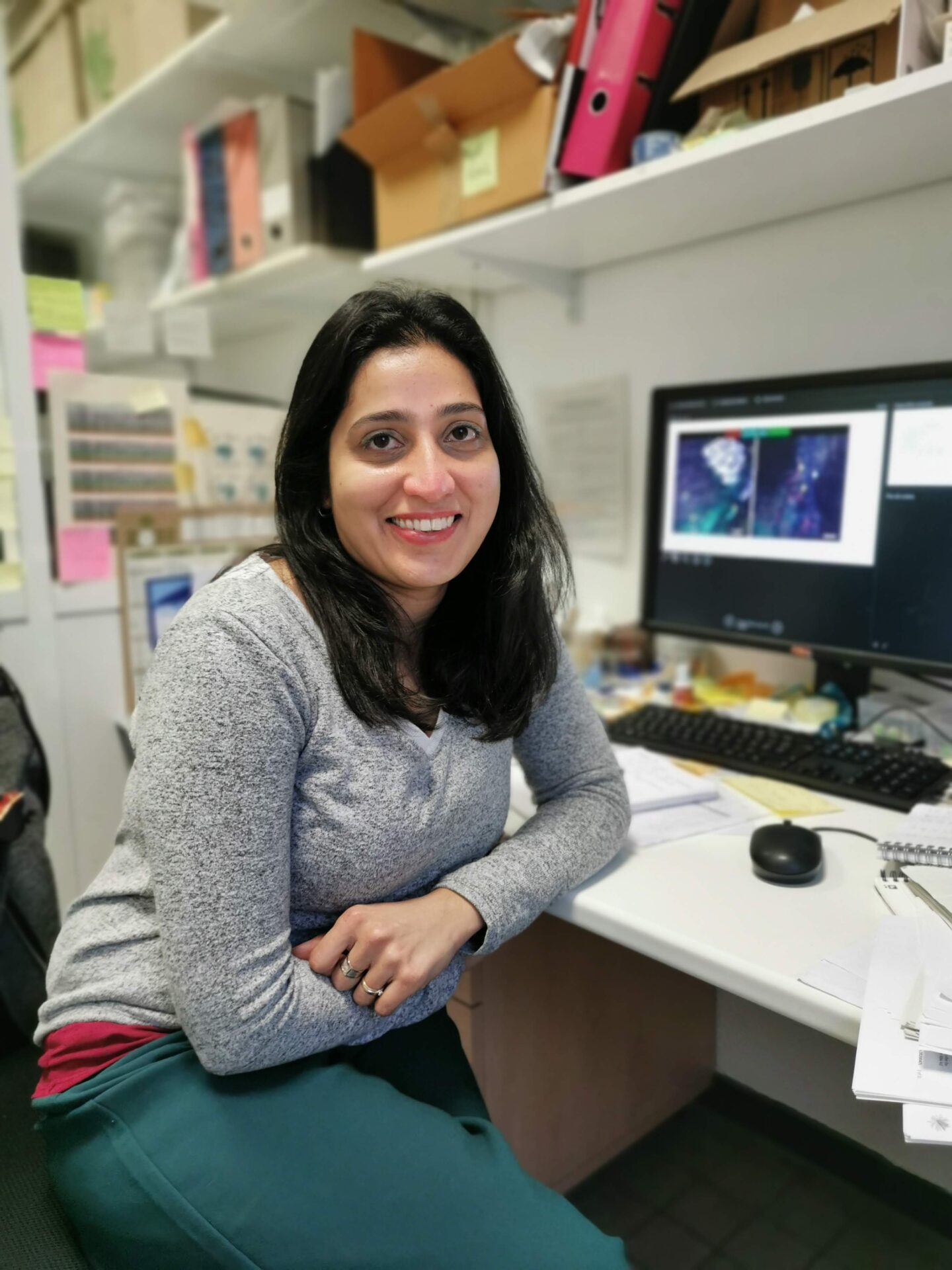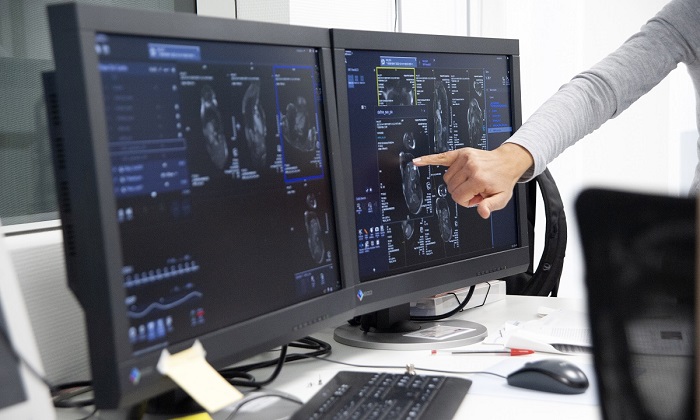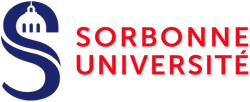UMR 1166 – Cardiovascular and Metabolic Diseases
Led by Dr Wilfried Le Goff
Created in 2014, this joint research unit is entirely dedicated to research on cardiovascular and metabolic diseases, structured around four main areas: atherothrombosis and coronary diseases, genomics of cardiomyopathies and heart failure, atrial fibrillation and cardiac arrhythmias, and lipids and atherosclerotic vascular diseases.
The UMR is made up of 5 teams
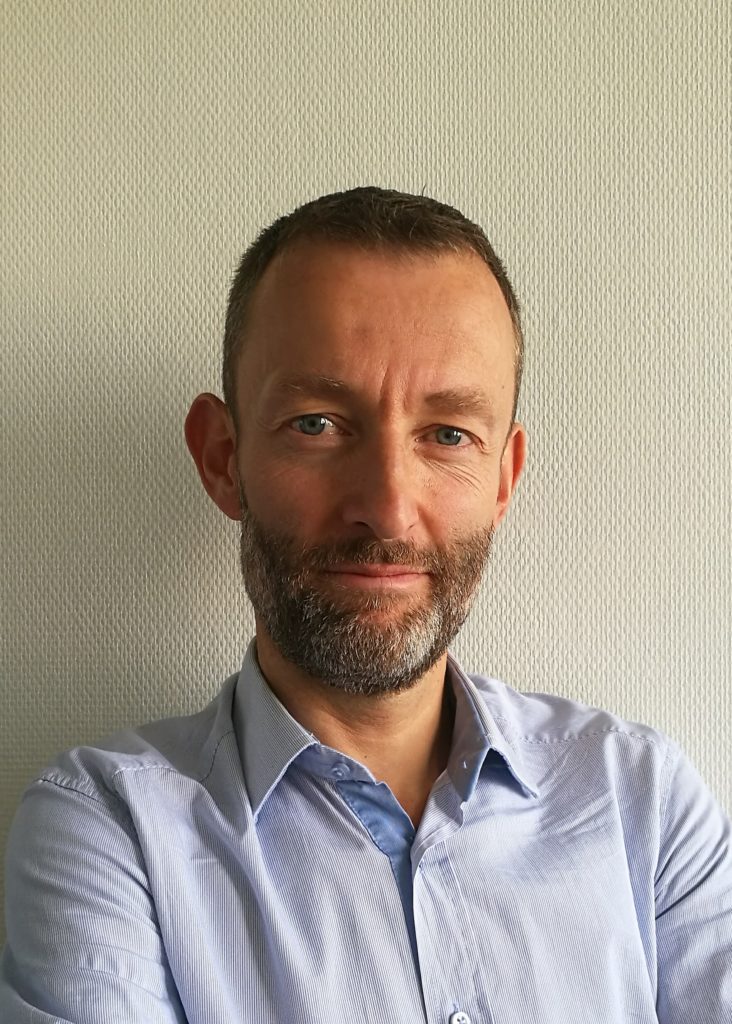
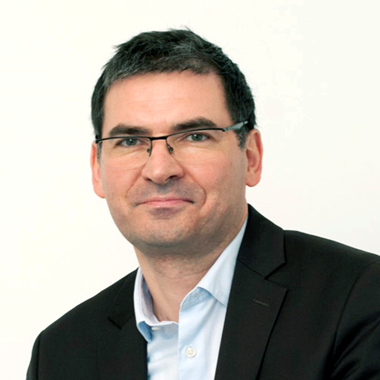
Team 1 – Genomics and Pathophysiology of Myocardial Diseases
Led by Prof. Philippe CHARRON
Cardiomyopathies and channelopathies are the main hereditary heart diseases and the leading causes of sudden death and heart failure in young people. Despite improved management of these conditions, new knowledge about genetic causes and underlying pathophysiology is needed to identify new targets or therapeutic strategies and to better prevent the devastating complications of these diseases.
In addition, recent advances have led to a new understanding of the complex interaction between genetic architecture (rare and common variants) and environmental factors (such as sport and myocarditis). This new knowledge and paradigm have major implications for our overall understanding of cardiac cell physiology as well as for the pathophysiology of complex diseases such as heart failure and arrhythmia.
Team 2 – Atherothrombosis and Applied Pharmacology
Led by Dr Michel ZEITOUNI
Study of cardiovascular diseases mainly linked to atherothrombosis, from therapeutic strategies to preventive education.
Expertise in cardiovascular epidemiology and randomized clinical trials.
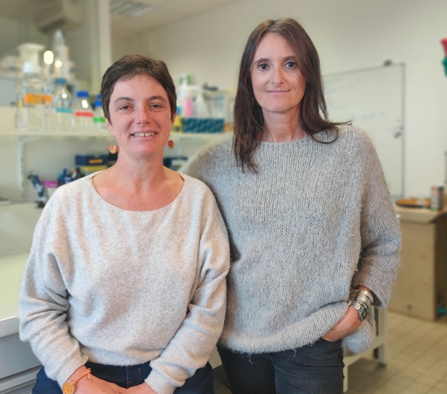
Team 3 – Molecular and Cellular Plasticity in Cardiovascular Diseases
Led by Dr Sophie NADAUD and Dr Elise BALSE
Cardiovascular diseases, such as atrial fibrillation, heart failure, or hypertension, are the leading causes of mortality worldwide in modern countries, and their morbidity and prevalence will continue to increase in the coming years as the population ages. In France, they resulted in more than one million hospitalizations in 2016.
Pulmonary hypertension is a rare, life-threatening cardiovascular disorder characterized by occlusive remodeling of the distal pulmonary vasculature, ultimately leading to right-sided heart failure. Cardiovascular diseases are often complex conditions that share pathophysiological mechanisms. Our team focuses on deciphering the molecular and cellular players involved in the remodeling processes that lead to these pathologies. These alterations are associated with complex tissue- and cell-level rearrangements, and we study the drivers of molecular and cellular plasticity that characterize cardiovascular remodeling in atrial fibrillation, heart failure, senescence, and pulmonary hypertension.
Team 4 – Cellular and Systemic Lipid Metabolism in Diseases
Led by Dr Wilfried Le GOFF and Dr Maryse GUERIN
Cardiovascular diseases (CVD) remain the leading cause of mortality worldwide, notably due to the rising prevalence of obesity and associated metabolic disorders such as insulin resistance, non-alcoholic fatty liver disease, and type 2 diabetes. These metabolic disorders are associated with altered lipid metabolism at both cellular and systemic levels. Thus, dyslipidemias—characterized by abnormal circulating concentrations of lipoproteins and lipids—are a major component in the development of CVD. The mechanisms through which lipids contribute to the development of metabolic disorders are multiple and involve disruption of signaling and regulatory pathways at the cellular level, as well as changes in the composition and function of circulating lipoproteins at the systemic level. Through cross-cutting approaches, our team aims to identify the mechanisms underlying these lipid metabolism alterations in order to propose new therapeutic targets to reduce the onset and progression of CVD. In this context, our research team seeks to propose new candidate pathways, genes, and biomarkers in CVD.
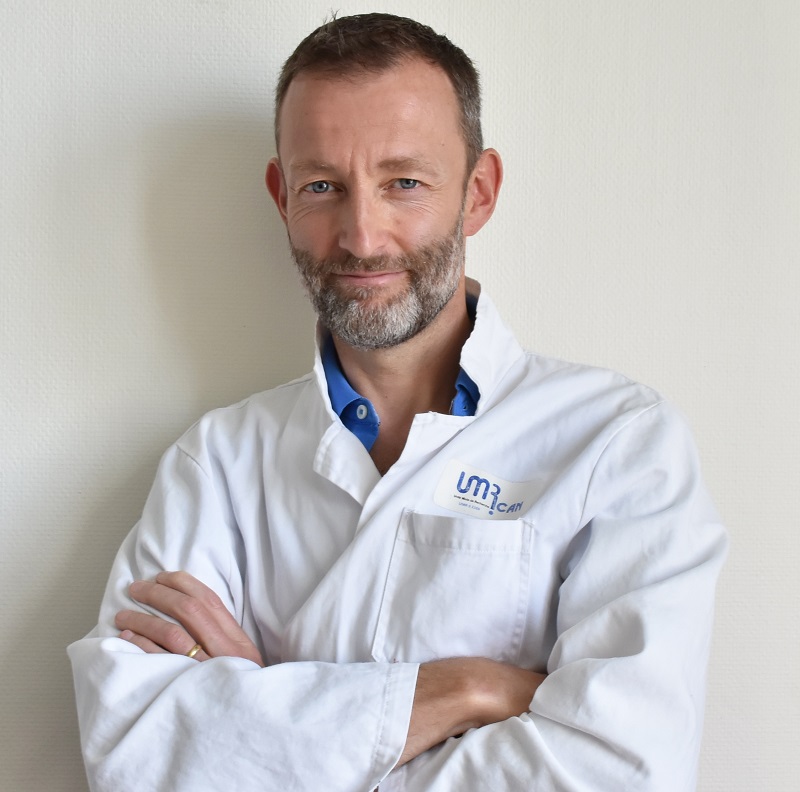
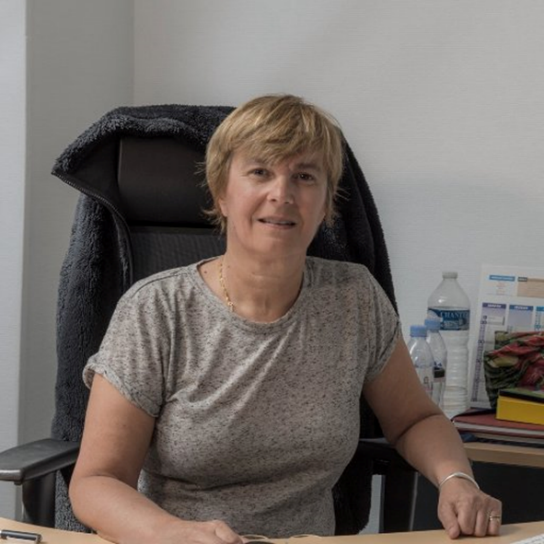
Team 5 – Metabolic diseases, diabetes and co-morbidities
Led by Fabienne FOUFELLE and Frédéric JAISSER
Understanding the mechanisms involved in the development of insulin resistance in the liver, adipose tissue and skeletal muscles, and in impaired insulin secretion by pancreatic beta cells in type 2 diabetes. The team studies the mechanisms contributing to disrupted insulin signaling (insulin resistance) and how inflammation develops at the molecular level in the liver and adipose tissue of obese individuals—an element that contributes to local and systemic insulin resistance.
UMR 1146 – Biomedical Imaging Laboratory (LIB) CNRS – INSERM
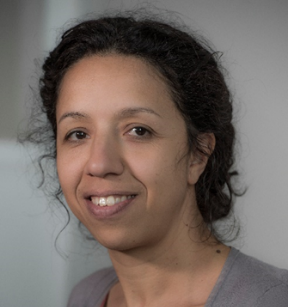
Team A – Cardiovascular Imaging
Led by Nadjia KACHENOURA, INSERM Research Director
Our multidisciplinary team (Sorbonne University, Inserm, CNRS) is developing new cardiac and vascular imaging biomarkers combining cardiovascular and metabolic phenotypes for more precise characterization of physiology and disease. Our research focuses on:
- The development and validation of cardiac and vascular image-processing software
- Clinical translation to assess the added value of our imaging biomarkers
Research Unit 938 – Saint-Antoine Research Center
3 of this unit’s 13 teams are part of IHU-ICAN
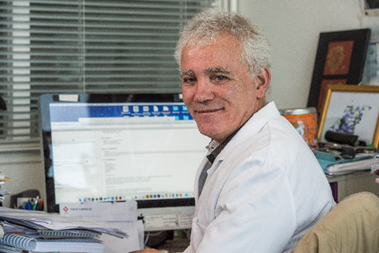
Team 9 – Lipodystrophies, metabolic and hormonal adaptations, and aging
Led by Prof. Bruno FÈVE
Study of the pathophysiological mechanisms of genetically determined lipodystrophies, or those acquired during HIV infection or following glucocorticoid treatment, as well as associated reproductive disorders. In vivo (animal models, patient cohorts) and in vitro studies of the links between lipodystrophies, insulin resistance, adipose tissue aging, and reproductive diseases.
Team 11 – Metabolic and biliary fibro-inflammatory liver diseases
Led by Dr Jérémie GAUTHERON
Study of genetic defects in the phosphatidylcholine transporter ABCB4 responsible for hereditary diseases; cell-death mechanisms that promote hepatic inflammation and fibrosis in NAFLD; and subpopulations of hepatic myofibroblasts involved in fibrosis and the stroma of cholangiocarcinoma.
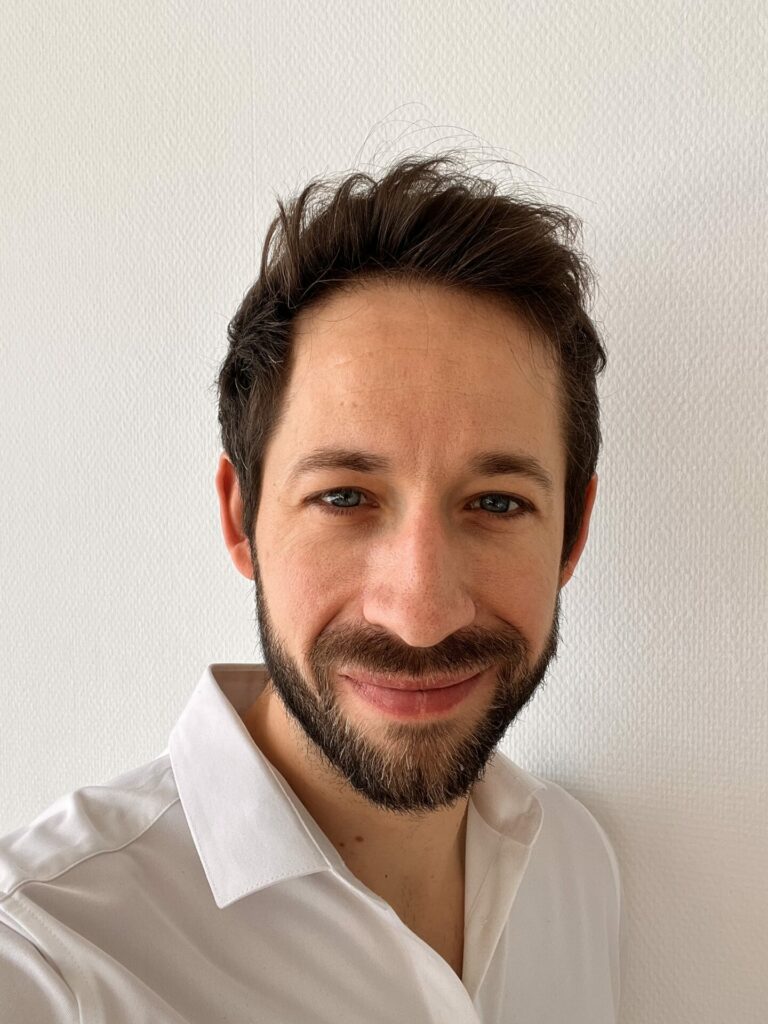
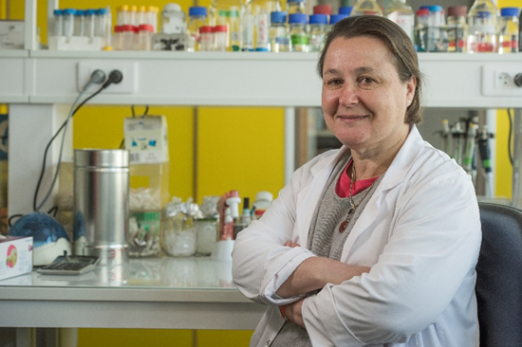
Team 12 – IGF system, fetal and postnatal growth
Led by Prof. Irène NETCHINE
Study of the pathophysiology of fetal growth related to imprinting disorders in patients born small for gestational age or presenting excessive growth. Study in patients, mouse models, and iPS-based approaches.
UMR 1269 – Nutrition and Obesity: systemic approaches (nutriomics)
Team Metabolic diseases, diabetes and co-morbidities
Prof. Karine CLÉMENT
This research unit conducts extensive basic and translational research in the field of obesity and associated metabolic disorders. It aims to explore disruptions in inter-organ dialogue—particularly the role of adipose tissue and the gut, and the microbiota in these dialogues—and to identify new ways to stratify the disease and new therapies to improve cardiometabolic health.
The team’s 5 main themes are:
- Obesity progression and associated complications: role of the gut microbiota
- The gut, a key player in metabolic disorders
- Adipose tissue remodeling
- Systems biology and data integration
- Translating our fundamental research for the benefit of patients
Portraits of young researchers
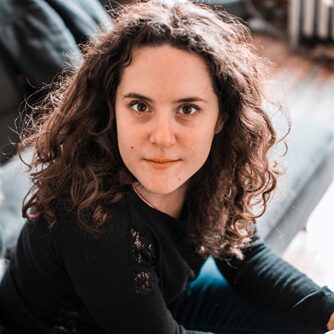
Carine BEAUPERE
Ph.D., “Lipodystrophies, metabolic and hormonal adaptations, and aging” team led by Prof. Bruno Fève at CRSA.
Carine Beaupère oriented her career toward the study of aging as early as her Master’s degree. Her PhD at CRSA focused on bone aging in patients living with HIV. After a 4-year postdoctoral position in Boston focused on longevity regulation in the yeast model, she returned to CRSA to join Bruno Fève’s team for a second postdoc. In 2023, Carine was recruited as an INSERM researcher. Her work focuses on metabolic aging and strategies to delay it, with the aim of preventing various diseases.
Dounia FARHI
UMR 1166 – Team 3: Cellular and molecular plasticity in cardiovascular diseases – Dr. Elise BALSE
Trained in biology and human physiology at Université Paris-Est Créteil and then at Sorbonne Université, Dounia Farhi developed an early passion for the cardiovascular system. Since November 2023, she has been pursuing a PhD at IHU ICAN where she studies the consequences of maternal obesity on postnatal cardiac development.
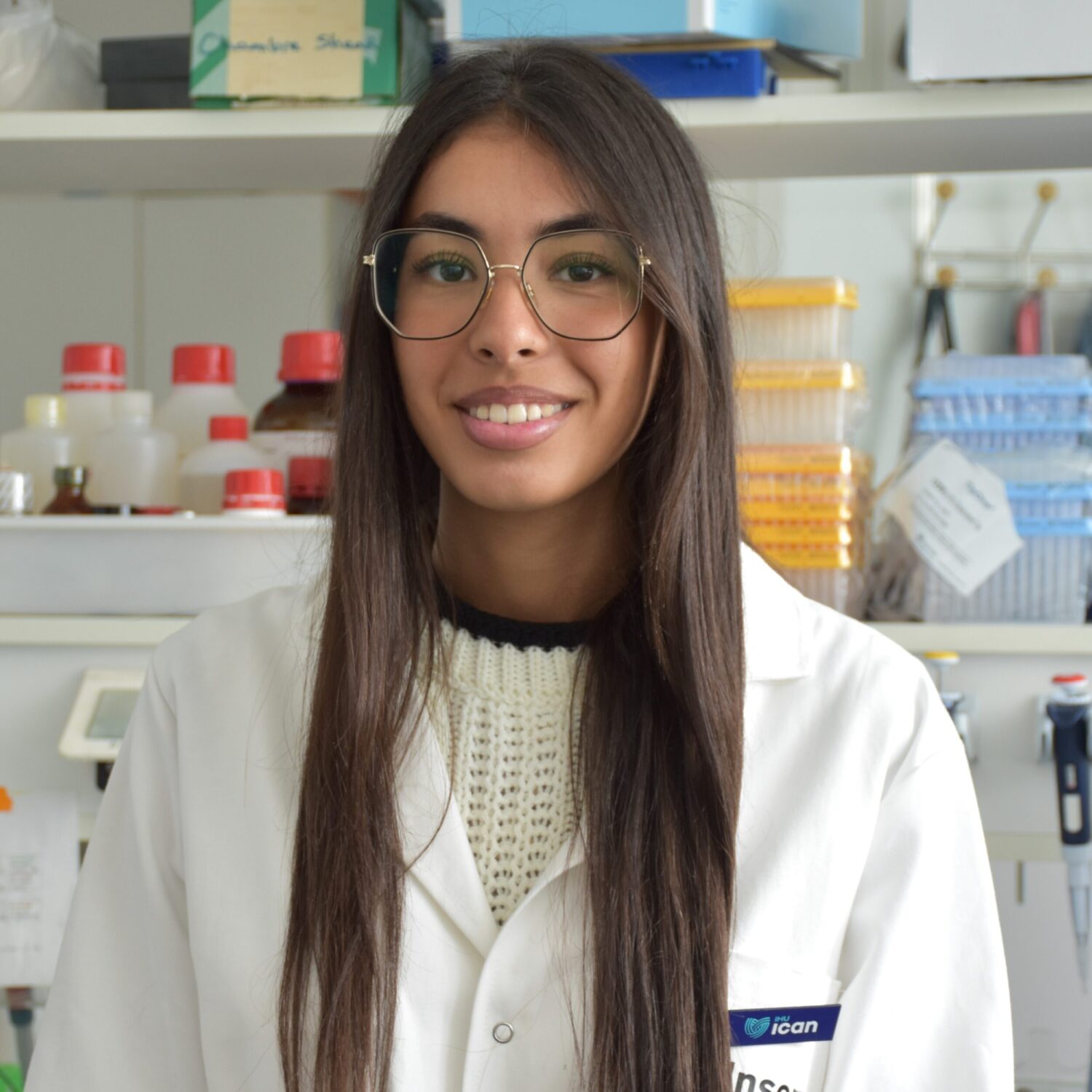

Jérémie GAUTHERON
Inserm CRCN HDR, Team leader at the Saint-Antoine Research Center. UMR 938, Biliary and Fatty Liver Diseases
After a Bachelor’s degree in Cellular and Molecular Biology, Jérémie Gautheron obtained a Master’s degree (M2) at UPMC. In 2008, he began his PhD focused on ubiquitination in the NF-kappaB pathway, followed by a postdoc in Germany studying necroptosis in liver diseases. Back in France in 2017, Jérémie led a research group demonstrating the potential of necroptosis inhibitors in the treatment of steatohepatitis. In 2022, Jérémie Gautheron became co-head of the UMR 938 team and took full leadership from September 2023.
Eloïse GIABICANI
Reference Center for Rare Endocrine Growth and Development Diseases (CRESCENDO) – UMR 938 team led by Prof. Irène Netchine.
Dr Eloïse Giabicani is a pediatric specialist with expertise in pediatric endocrinology and diabetology, and also holds a Master’s degree (M2) in Endocrinology & Metabolism. Her university thesis explores the pathophysiological role of parent-of-origin imprinting disorders in growth and the IGF system. Her career combines basic research and clinical practice, with a focus on fetal growth restriction. She is committed to translating findings from fundamental research into tangible solutions for her patients.
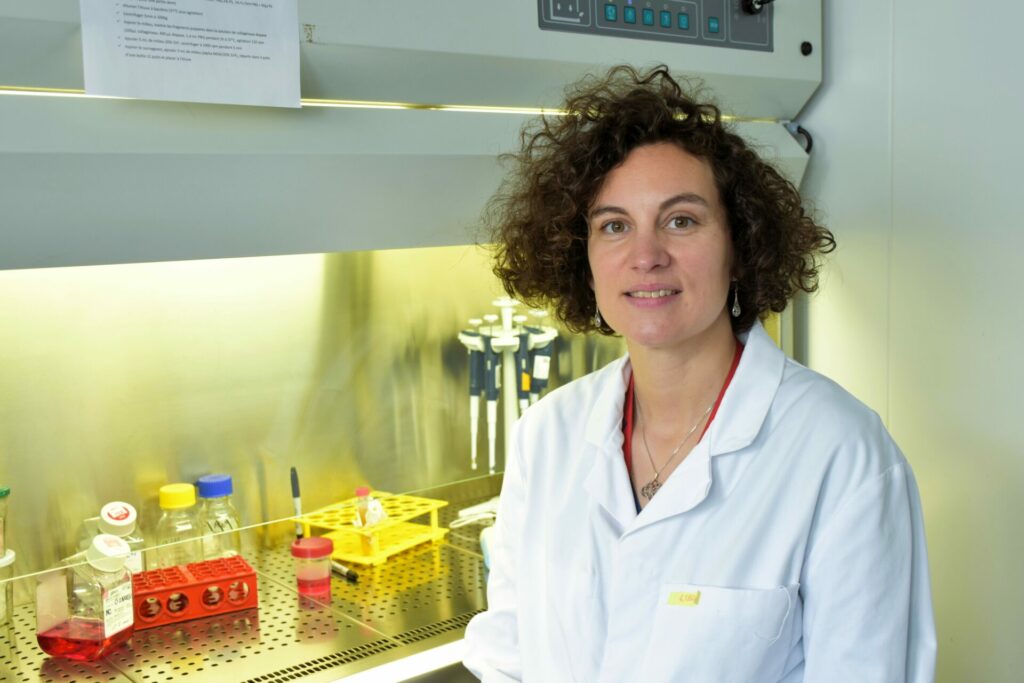
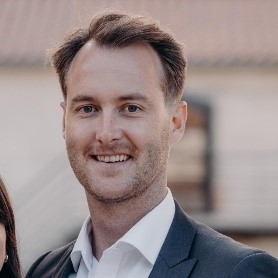
Louis PARKER
Cardiovascular Imaging (iCV), Biomedical Imaging Laboratory (LIB)
Louis Parker studied mechanical engineering at the University of Western Australia, where he discovered an interest in biomechanics during his master’s project at VascLab. Fascinated by the diversity of challenges in these research topics, he pursued a PhD on aortic dissection and then worked as a postdoc at KTH in Stockholm. Louis then realized the importance of imaging for accurate models—particularly 4D MRI—which led him to apply for a Marie Curie fellowship at LIB with Dr Nadjia Kachenoura.
Canelle REYDELLET
UMRS 1166 – ICAN Postdoctoral researcher in the team: Cellular and systemic lipid metabolism in cardiometabolic diseases – Wilfried Le Goff
With a Bachelor’s degree in life sciences and a Master’s degree in nutrition and food sciences, Canelle Reydellet specialized in research on cardiometabolic diseases. She is currently a postdoctoral researcher at IHU ICAN, where her work focuses on the role of the ABCG1 transporter in lipid storage within adipose tissue.
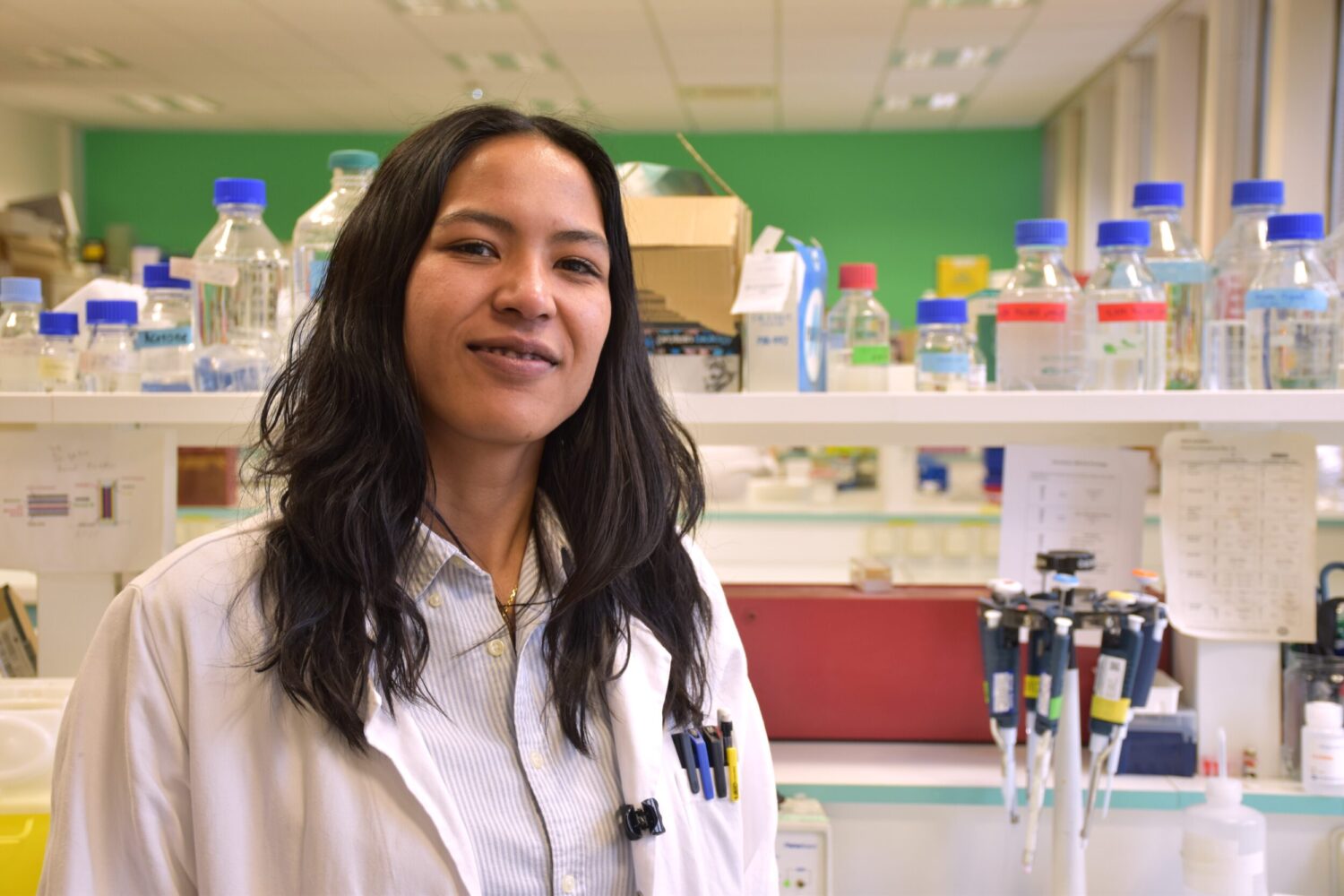
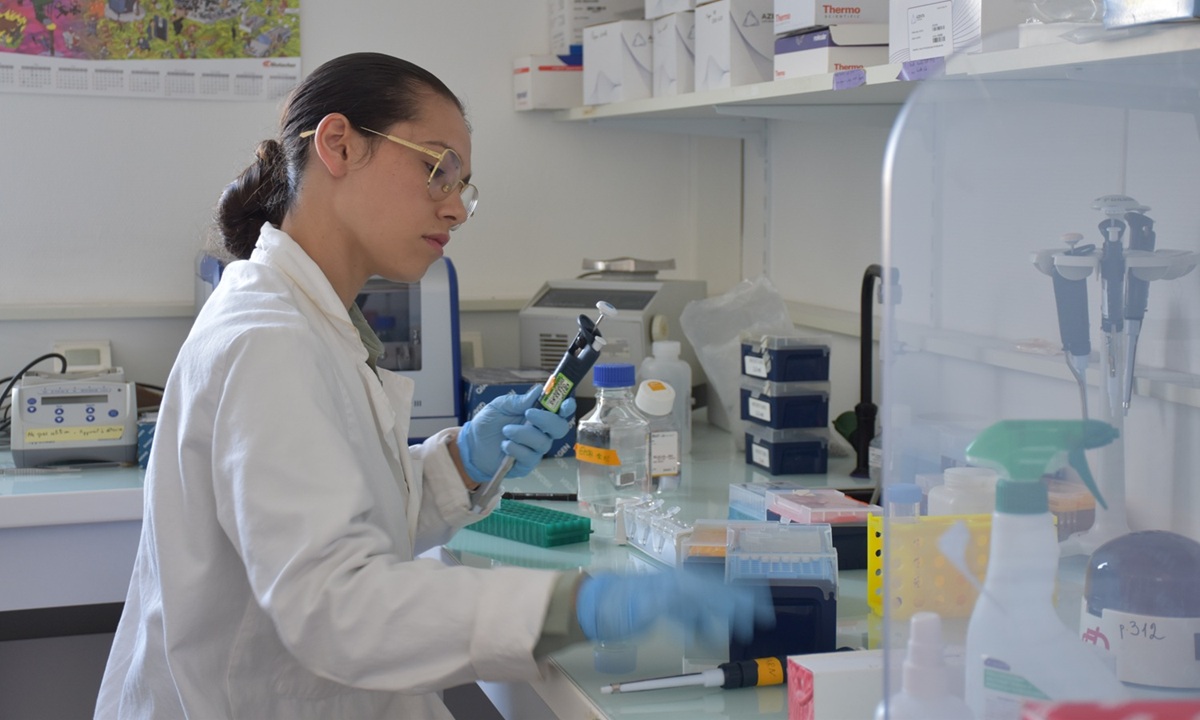
Laëtitia RIALLAND
UMR 1166 – Team 1: Genomics and pathophysiology of cardiovascular diseases: from monogenic diseases to multifactorial diseases – Prof. Philippe Charron
After beginning medical studies at the University of Nantes, Laëtitia Rialland Pinto discovered research thanks to the Inserm Liliane Bettencourt School. She then pursued a Master’s degree followed by a PhD in cardio-genetics and joined IHU ICAN, where her project investigates the genetic causes of hereditary cardiomyopathies, which are often not identified by standard DNA analyses.
Nadine SUFFEE
UMR 1166 Team 3, Cellular and molecular plasticity in cardiovascular diseases
Dr Nadine Suffee is a researcher specializing in the mechanisms of atrial cardiomyopathy development, focusing on the role of progenitors, the immune response, and remodeling of epicardial adipose-fibrous tissue. At UMRS1166/IHU ICAN, she examines the role of macrophages and epicardial precursors in atrial cardiomyopathy.
